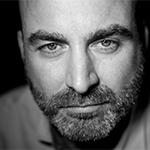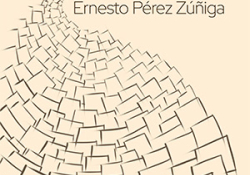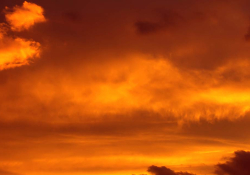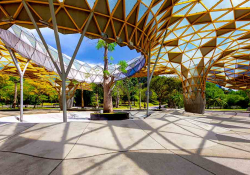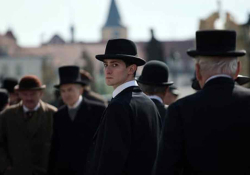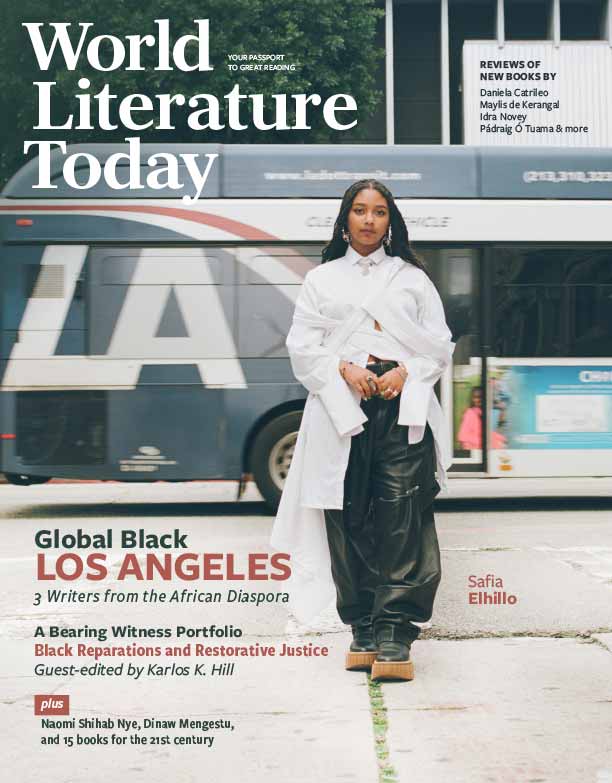The Song of the Mountain: The Earth Speaks
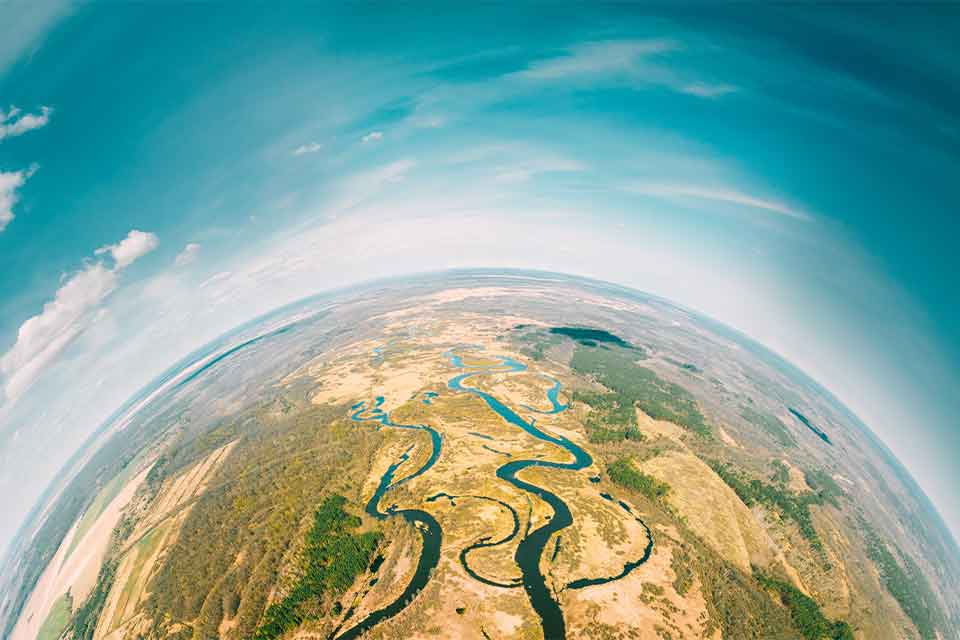
In his plea for the planet, in which “humans understand themselves as a harmonious part of the Earth, neither more nor less than other animals, plants, and rocks,” Spanish writer Ernesto Pérez Zúñiga advocates a new geo-humanism that restores nature to the center.
The Earth speaks. We are its tongue, though we do not know it. Not just us, of course—the birds, the trees, the rivers, and the wind as well. But we have forgotten. We are its ears, and yet we pretend to be deaf. We are deafened by the cities, where we visualize the shape and structure of our civilization. In it, we remain submerged and blind. How often, walking through Madrid, for example, do I glimpse the hills masked by asphalt and buildings, the streams buried beneath the sewers, the poplar forests now buried under the Paseo de la Castellana? By sharpening my ears and eyes, I can sense the soft tread of deer where the traffic roars.
Cities are a set erected over nature, one we often mistake for reality.
Cities are a built-up nature, a sophisticated burrow, a refuge and stage for our actions: a set erected over nature, one we often mistake for reality. This confusion is a partial and recent phenomenon, though it feels habitual to us. It multiplies during the Industrial Revolution of the nineteenth century and accelerates throughout the twentieth century as towns and fields are abandoned in favor of increasingly massive cities, where humanity gradually relinquishes its origins—tied to the cycles of the Earth—in exchange for urban convenience and consumption, often accompanied by a wide variety of alienations, solidified in recent decades in our dependence on mobile phones, the disappearance of intimacy, the invasion of time, the endless tasks.
This progressive shift is a subtle theme in many twentieth-century books and films. Recently, after the death of Alain Delon, we rewatched Rocco and His Brothers, a masterpiece built around the conflicts within a family that has abandoned their native land for a better life in Milan. There, in the helpless presence of a mother symbolically dressed in mourning, the brothers clash amidst the challenges of a society that has lost the values and rhythms of the past, where a new law prevails: survival in an exclusively human city. Rocco, the wandering boxer, always at pivotal moments, voices the need to return to the Earth.
We live inside a film we narrate ourselves, an urban movie that only remembers the Earth when we worry about what we can take from it. Alarmed by pollution or climate change, “green” measures are taken from the power centers or consciences of the city. Something is happening “out there” that affects us, we think, instead of feeling the drought as our skin cracking, the floods and storms as our lungs drowning. We breathe the Earth because we are the Earth, even as we fool ourselves into thinking we can hide from it.
We breathe the Earth because we are the Earth, even as we fool ourselves into thinking we can hide from it.
Like so many in our time, not long ago I decided not to hide but to be with it. Born in the city, I moved to a house in the countryside. Here, I have returned to gazing at the stars each night and regaining the sense of the seasons. In spring, I am enveloped by fields carpeted with flowers. In summer, I receive the fruits of the fig tree. We’ve built a cistern to collect the autumn rains. I no longer check the faucet to see if there’s water. First, I look at the sky. I watch the thirst of the vineyards. In winter, the house is warmed by the pruning of olive trees.
I talk with farmers, winemakers, cheesemakers. Traditional dairies are closing because there are no shepherds or flocks and, in any case, because their children want city jobs. Wineries are closing because there is no one to harvest the grapes, exhausted from the lack of rain. Rocco and his brothers continue to abandon the Earth, and we humans concentrate in asphalt jungles, where food keeps arriving from once-unthinkable places, in a dynamic that generates increasing pollution and imbalance in different parts of the planet.
Renaissance humanism sought to place our species at the center of the cosmos, to develop our full potential as divine beings. Now, it is essential and urgent that the Earth—Gaia—take its rightful place at the center of that development. Thus, a geo-humanism where humans understand themselves as a harmonious part of the Earth, neither more nor less than other animals, plants, and rocks. Neither more nor less than mountains, forests, and oceans. Any human development or progress without the Earth is underdevelopment and suicide.
What awaits us is the evolution of consciousness, and this evolution begins with listening. The Earth has a voice; it moves to a rhythm far more powerful and compelling than the one we try to impose with our endless activity, our boisterous deafness. There is another time and another way of living. It only awaits our learning and our calm.
Translation from the Spanish
